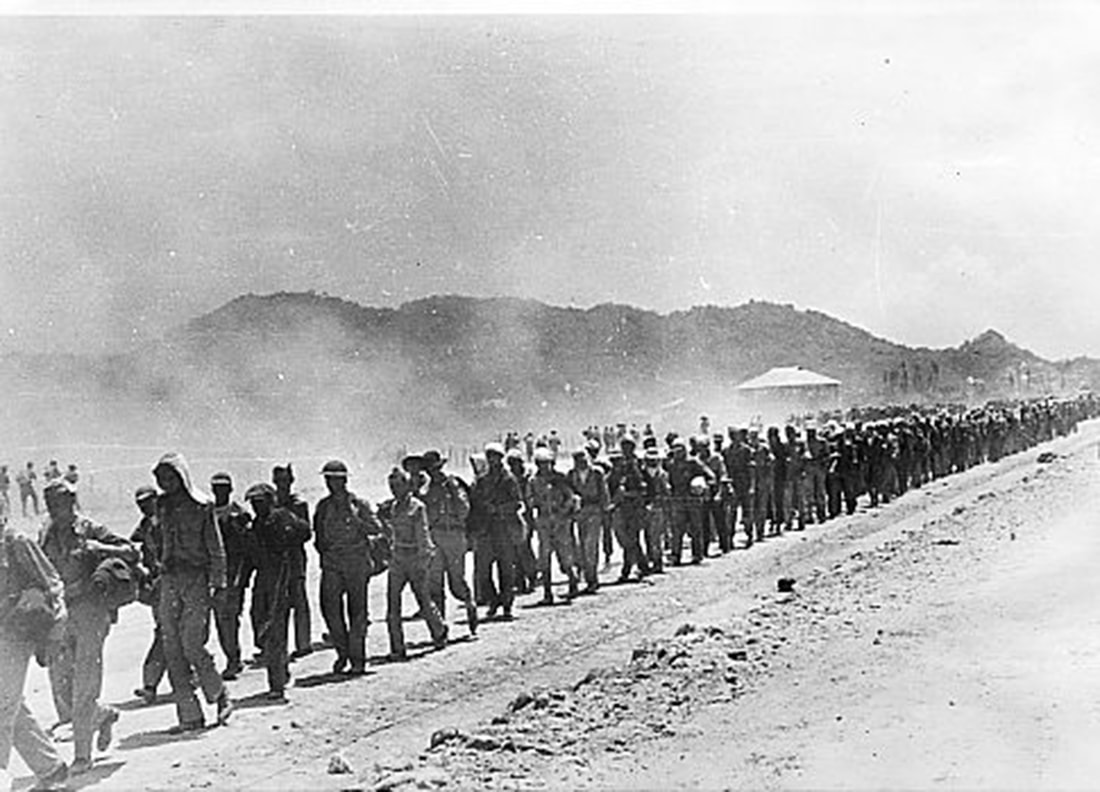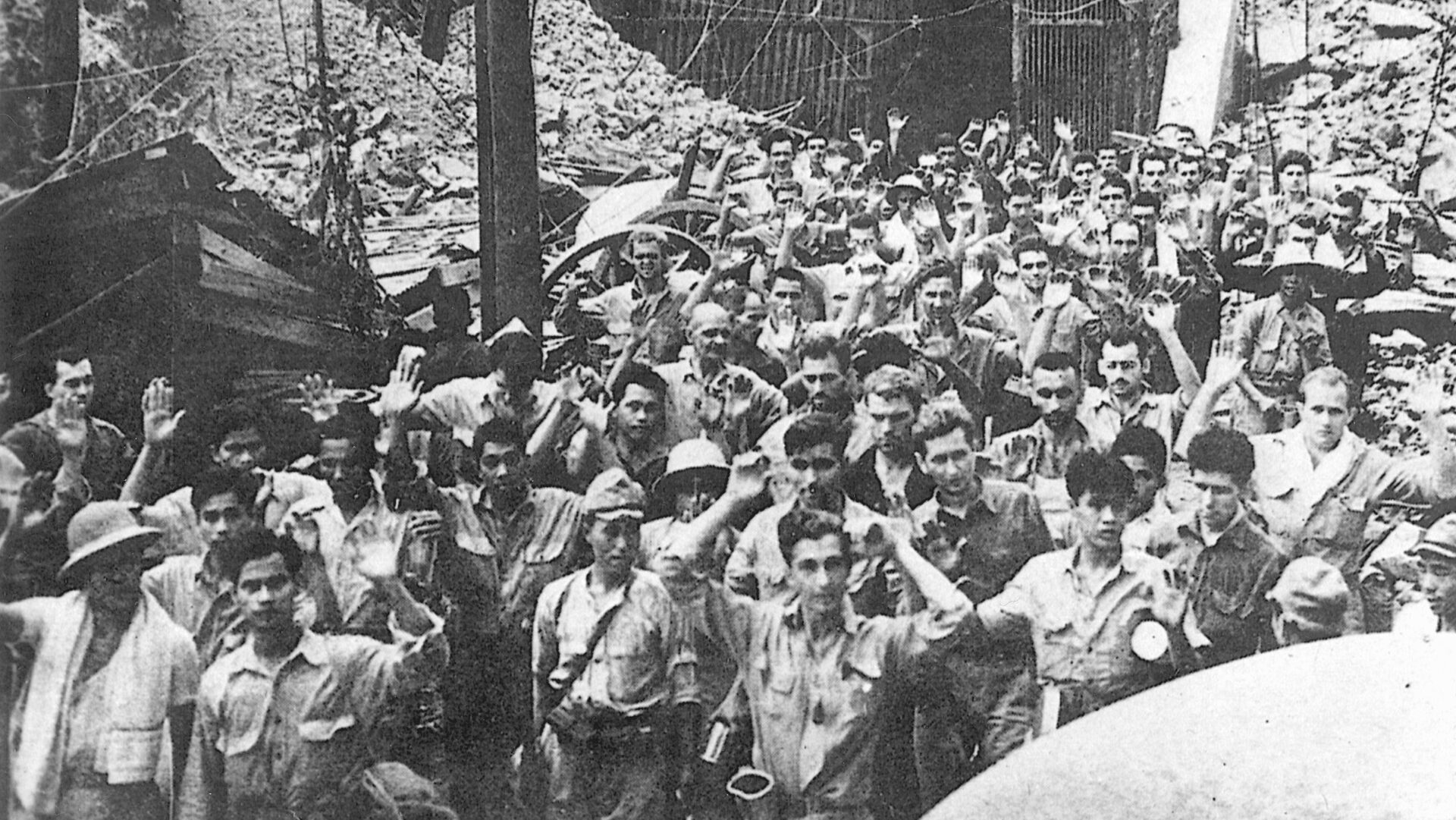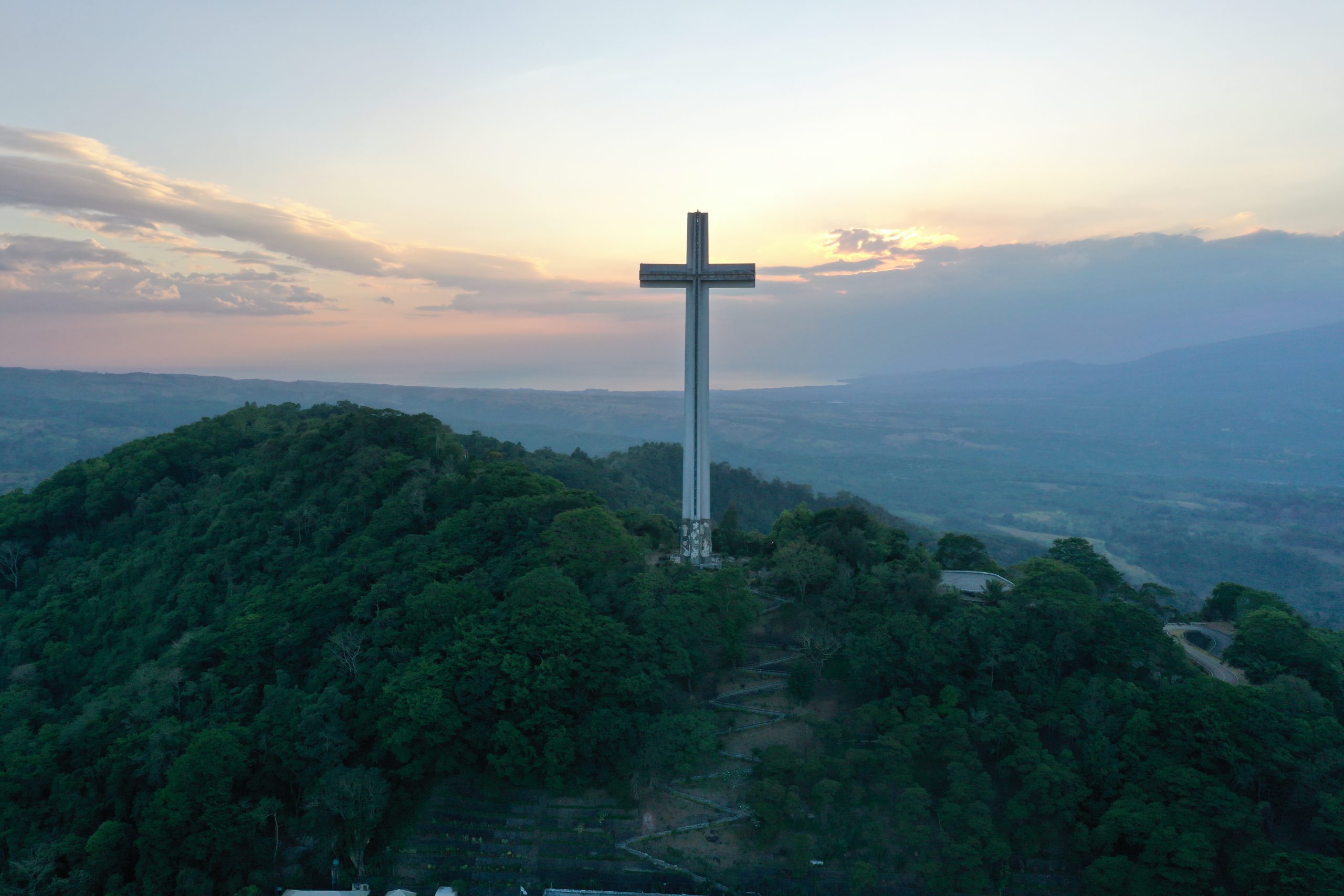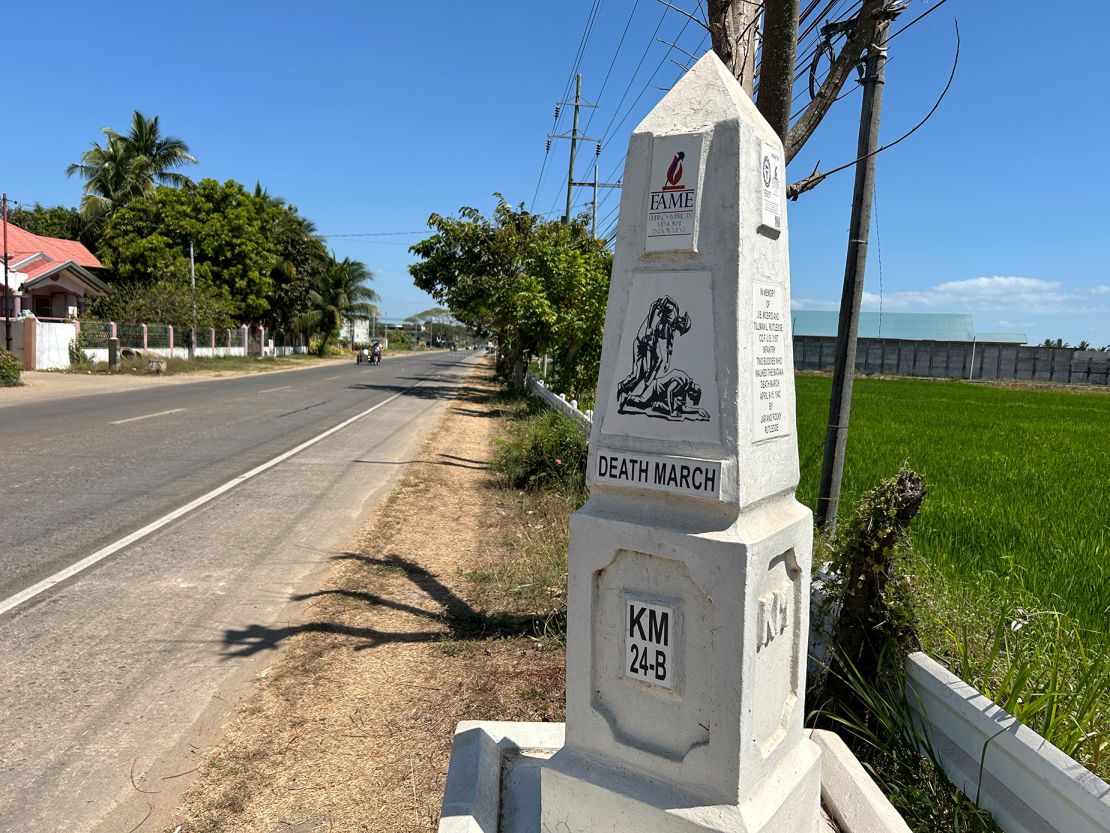On this day, we solemnly commemorate the anniversary of the Bataan Death March, a harrowing chapter in World War II that epitomizes the resilience and bravery of Filipino and American soldiers.


In April 1942, following the grueling Battle of Bataan, approximately 75,000 Filipino and American troops were compelled to surrender to Japanese forces. These exhausted, malnourished, and disease-stricken soldiers were then forced to march over 65 miles from Mariveles, Bataan, to San Fernando, Pampanga, under the scorching sun, with little to no provisions. Thousands perished from starvation, dehydration, disease, and brutal treatment by their captors during this ordeal.

The Hardships Endured
The soldiers faced unimaginable hardships during the march. Denied food and water, they resorted to drinking from muddy puddles and eating whatever they could find along the way. Those who collapsed from exhaustion were often executed on the spot. Survivors were subjected to further suffering in overcrowded and unsanitary prisoner-of-war camps, where disease and malnutrition were rampant.
Commemorative Events
In honor of their sacrifice, various commemorative events are held annually. Notably, descendants of Filipino and American soldiers, along with military personnel and civilians, participate in the Freedom March. This 160-kilometer walk retraces the original route of the Death March from Mariveles, Bataan, to Capas, Tarlac, serving as a moving testament to the courage of those who endured the ordeal.

Araw ng Kagitingan
April 9 is observed as Araw ng Kagitingan (Day of Valor) in the Philippines, honoring the heroism of Filipino and American soldiers during World War II. This day serves as a reminder of their sacrifices and the enduring spirit of resilience and patriotism.
As we reflect on this solemn anniversary, let us honor the memory of the fallen, express gratitude to the survivors, and ensure that future generations remember the sacrifices made for the freedoms we enjoy today.
“Ang hindi marunong lumingon sa pinanggalingan ay hindi makararating sa paroroonan.”
(Let us always remember where we came from, so we may move forward with purpose.)







